The Price of Ease: Rethinking Convenience for the Planet's Sake
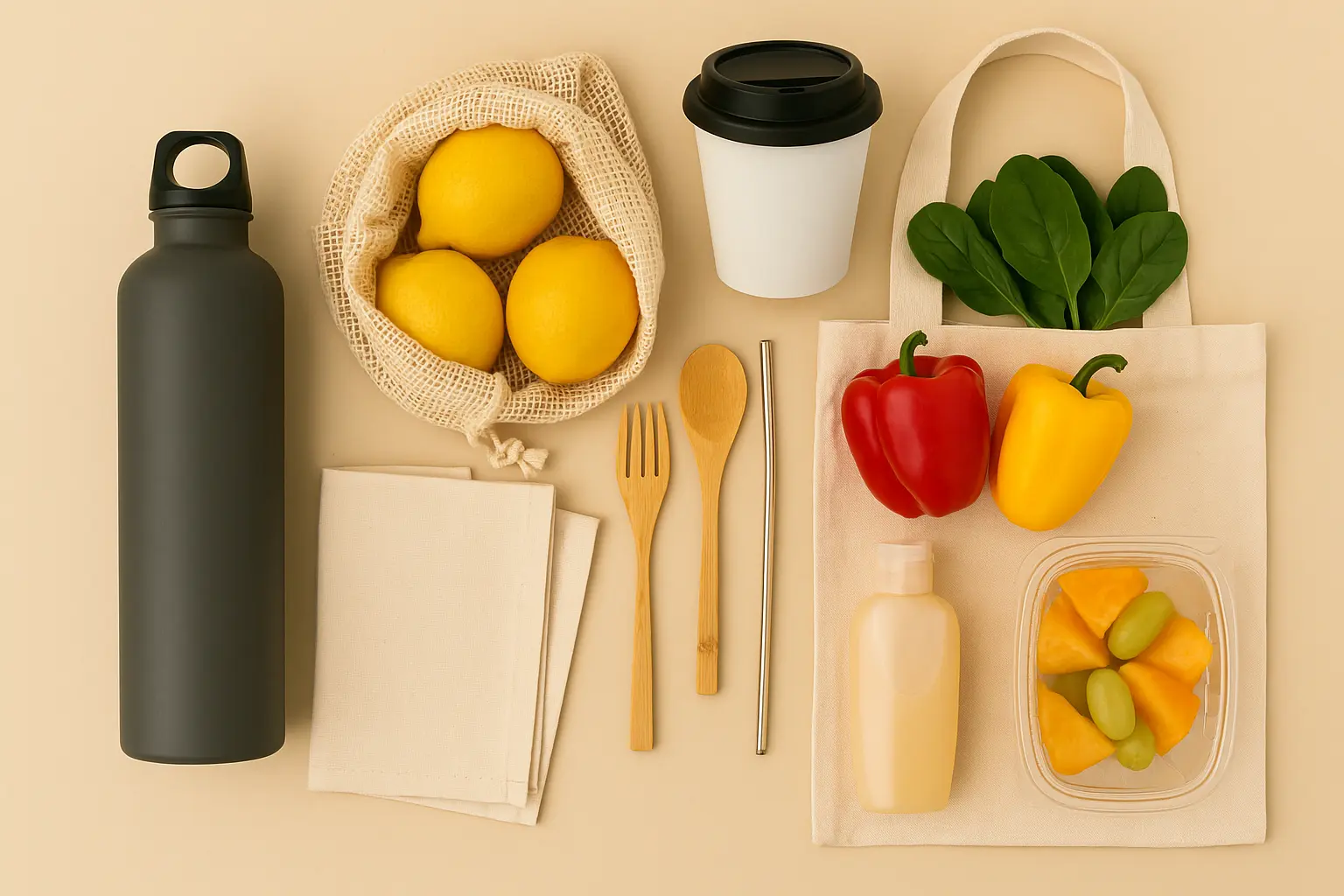
In our fast-paced modern lives, convenience often reigns supreme. We gravitate towards products and services that promise to save us time and effort, from pre-packaged meals to single-use disposables. While the allure of ease is undeniable, it's becoming increasingly clear that this pursuit of instant gratification often comes at a significant cost to our planet. Mountains of waste, depletion of resources, and a growing ecological footprint are, in part, the unintended consequences of our convenience-driven lifestyles.
This exploration delves into the critical need to rethink our relationship with convenience, examining how we can make choices that prioritize both our well-being and the health of the environment. Our objective is to educate, encourage, and inspire you to consider the true cost of ease and to explore more sustainable alternatives that don't require us to sacrifice all comfort, but rather to redefine it.
The Illusion of Effortless: Unpacking the Environmental Cost of Convenience
The seamlessness of many convenient products often masks a complex and environmentally impactful journey. Consider the single-serving coffee pod: its ease of use belies the energy and resources required for its production, the packaging involved, and the ultimate disposal of yet another piece of often non-recyclable plastic or aluminum. Similarly, the convenience of fast fashion comes at the expense of significant water and energy consumption, chemical pollution, and often unethical labor practices.
Becoming aware of this hidden environmental cost is the first step in rethinking convenience. It requires us to look beyond the immediate ease and consider the broader lifecycle of the products we consume.
Finding the Balance: Sustainable Alternatives That Offer Real Value
The good news is that choosing a more sustainable path doesn't necessarily mean a life of hardship or significant inconvenience. Often, it involves a slight shift in perspective and the adoption of thoughtful alternatives that can be just as, if not more, rewarding in the long run.
- Reusable Over Disposable: This simple principle can drastically reduce waste. Carrying a reusable water bottle, coffee cup, and shopping bags requires a minimal amount of effort but significantly lessens our reliance on single-use plastics. Investing in durable, reusable food containers eliminates the need for plastic wrap and disposable containers. These small shifts become second nature with practice and contribute to a tangible reduction in landfill waste.
- Quality Over Quantity: The convenience of cheap, mass-produced goods often leads to a cycle of frequent replacement. Opting for higher-quality, more durable items, even if they require a slightly larger initial investment, can be more sustainable in the long run. These items often last longer, reducing the need for constant consumption and the associated environmental impact of manufacturing.
- DIY and Local: EmbracingDo-It-Yourself projects, from making your own cleaning solutions to preparing meals from scratch, can be surprisingly empowering and often more sustainable than relying on pre-made, heavily packaged options. Supporting local businesses and farmers reduces the environmental impact of transportation and often connects us to products made with more care and consideration for the environment.
- Embracing Slowness: In some areas of life, the pursuit of ultimate speed and convenience can detract from the experience. Savoring a home-cooked meal, tending a garden, or taking a leisurely walk instead of always opting for the quickest solution can be more fulfilling and often carries a lower environmental footprint. This isn't about rejecting efficiency entirely, but rather about consciously choosing when to prioritize a slower, more mindful approach.
The Psychology of Ease: Overcoming the Convenience Bias
Our ingrained preference for convenience can be a powerful barrier to adopting more sustainable habits. Marketing often plays on this, highlighting ease of use as a primary selling point. Overcoming this "convenience bias" requires us to consciously evaluate the true value and long-term consequences of our choices.
This involves asking ourselves: "What is the real cost of this convenience, not just to my wallet, but to the planet?" By shifting our focus from immediate ease to the broader impact, we can begin to make more informed decisions. This isn't about guilt-tripping ourselves, but rather about cultivating a deeper understanding of the interconnectedness of our choices and the environment.
A Gradual Transition: Finding Your Sustainable Sweet Spot
Rethinking convenience for the planet's sake is not an all-or-nothing endeavor. It's about finding a sustainable sweet spot that works for your lifestyle. Start small. Choose one or two areas where you can consciously opt for a more sustainable alternative to a convenient norm. As these habits become integrated, you can gradually explore other areas.
The goal is not to achieve perfect eco-virtue overnight, but rather to cultivate a more mindful and responsible approach to our daily choices. Every small step away from unsustainable convenience makes a difference.
Ultimately, rethinking convenience for the planet's sake is an invitation to redefine what we truly value. While ease can be appealing, the long-term well-being of our planet, and indeed our own future, necessitates a more thoughtful approach. By consciously choosing alternatives that prioritize sustainability, we can move towards a way of life that is both fulfilling and environmentally responsible, proving that a little extra thought can yield significant positive change.
Related Blogs
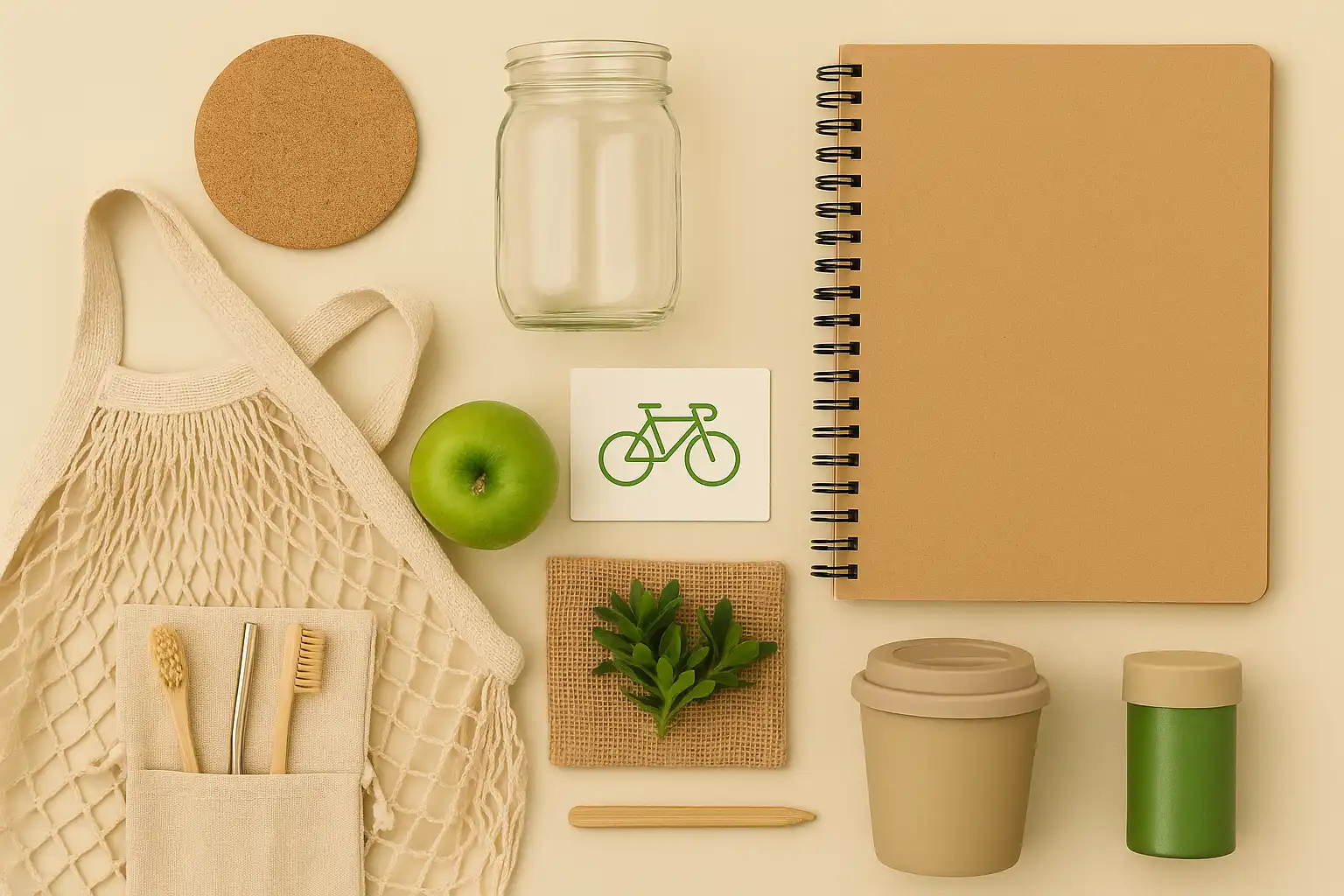
Ignite Change: Embracing 30-Day Challenges for a More Sustainable Lifestyle
Insights on 30-day challenges for a more sustainable lifestyle in a sustainable way.
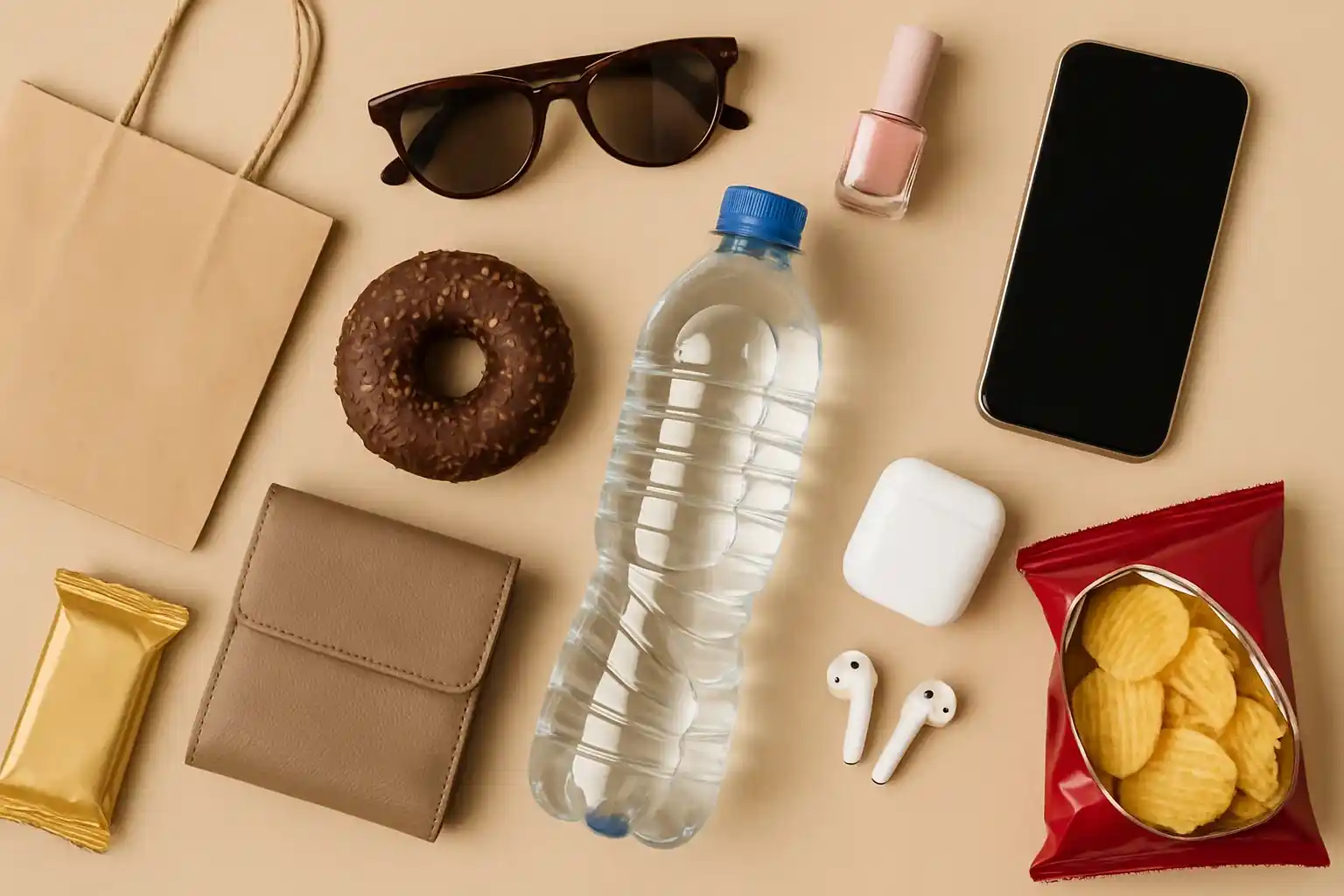
Breaking Free from the Urge: Cultivating Mindful Consumption to Conquer Impulse Purchases
Reduce unnecessary spending and clutter with shopping lists, the 24-hour rule, and minimalist budgeting.
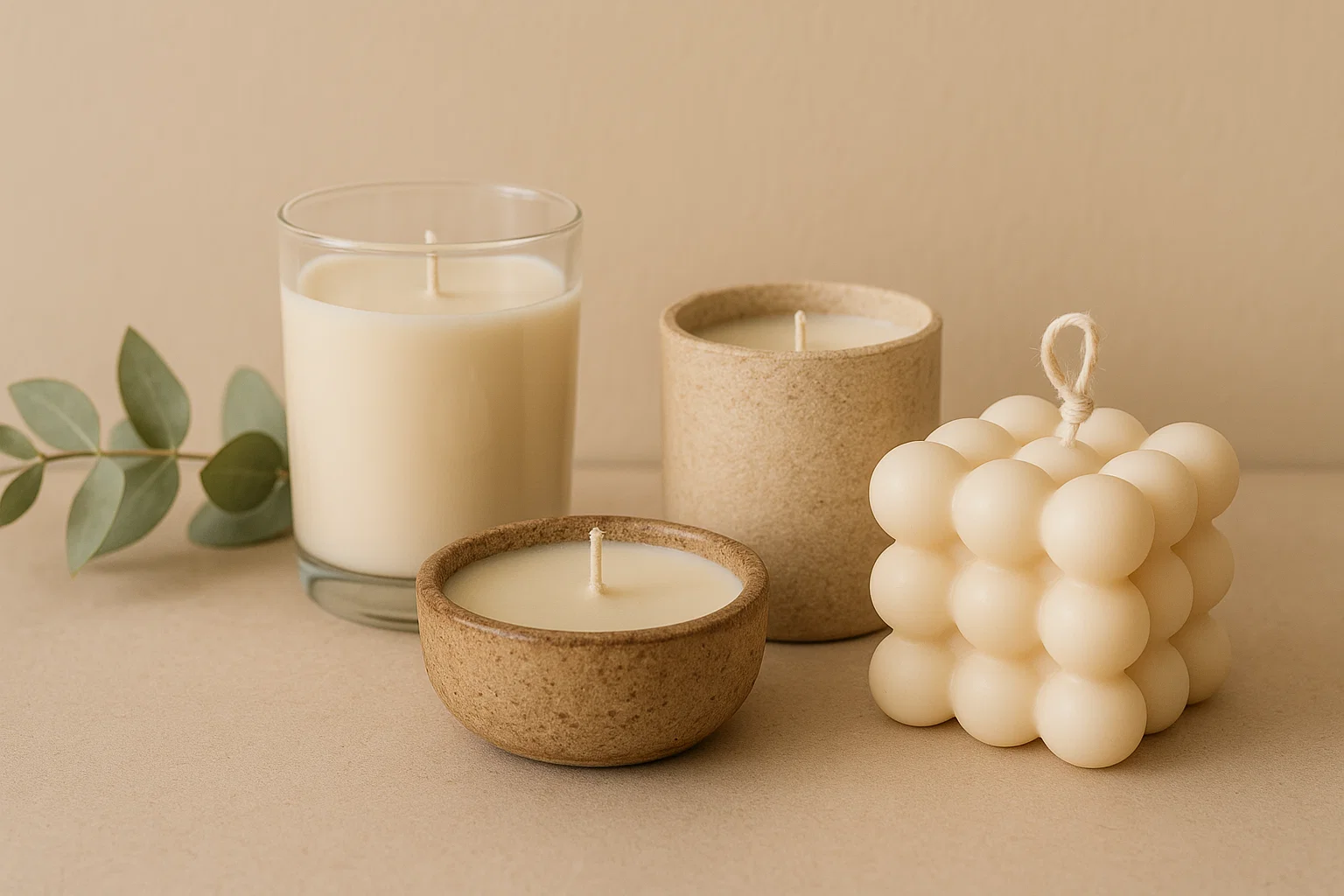
Illuminate Responsibly: Choosing Cleaner Alternatives to Regular Candles
Opt for soy tealights, rechargeable LEDs, or beeswax pillars to avoid paraffin and plastic.
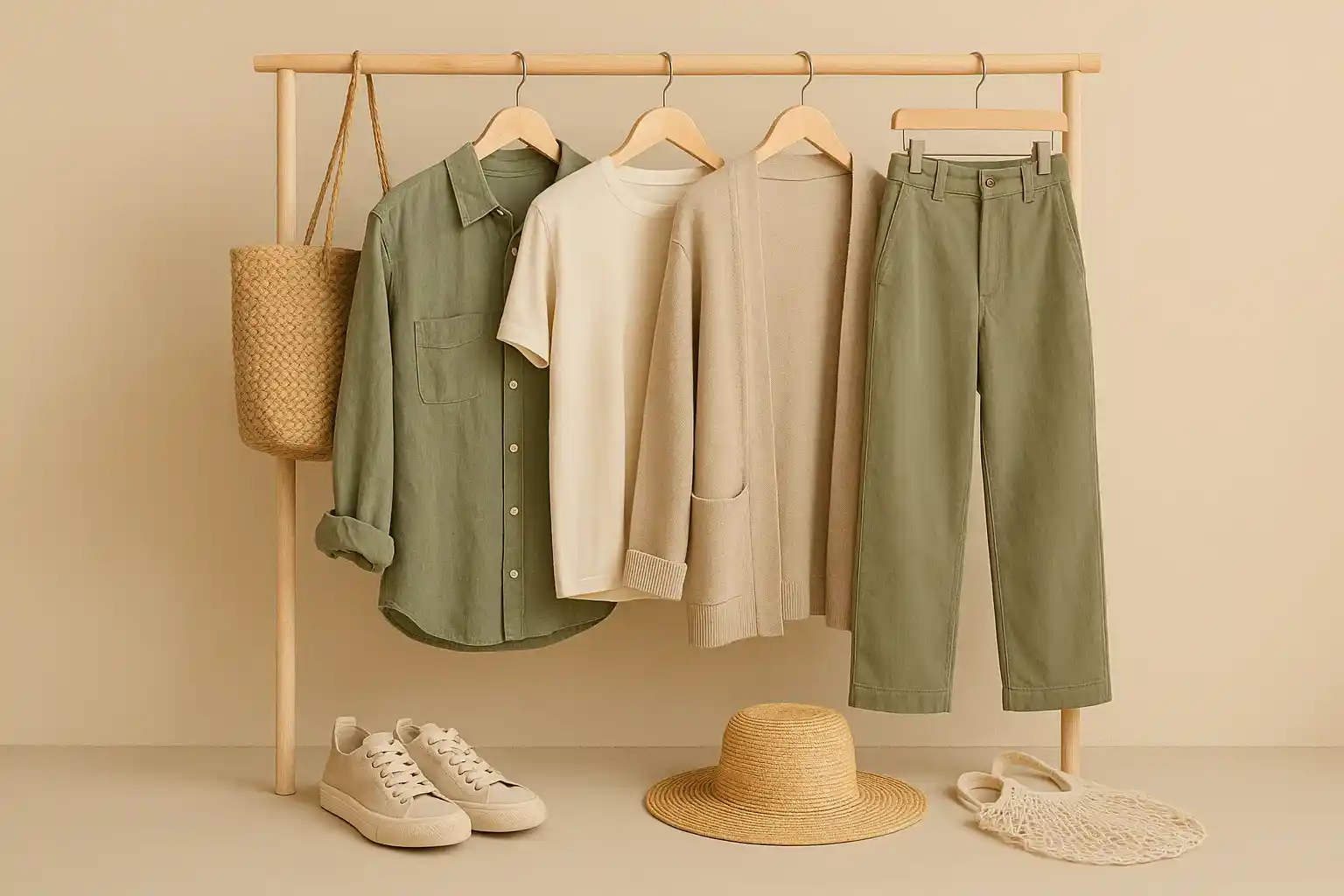
Curate Your Closet, Cultivate Clarity: Embracing a Minimalist Wardrobe for Mindful Living
Declutter your closet with seasonal rotation, capsule wardrobes, and regular donation cycles.

Unplug to Uplift: Where Digital Minimalism Nurtures Environmentalism
Insights on digital minimalism meets environmentalism in a sustainable way.

Unwrapping a Greener Future: Creative Alternatives to Traditional Gift Wrapping
Reduce single-use waste with cloth wraps, newspaper, and recycled kraft paper for gifts.
Stay in the Loop
Get tips and insights tailored to your interests — no spam, just sustainability.